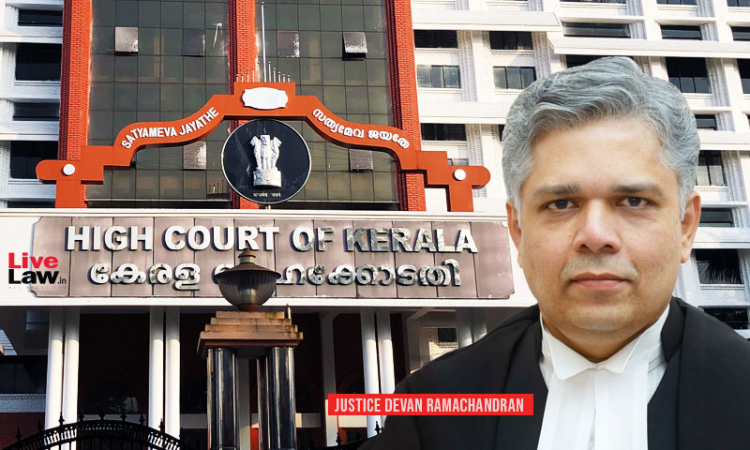'This Is Dehumanising, Making Your Own Citizens Carry Headload': Kerala High Court Directs State To Ameliorate Workers' Plight
Hannah M Varghese
14 Dec 2021 7:34 PM IST

The Bench added that certain revisions need to be incorporated into the Kerala Headload Workers Act to make it amenable to modern times.
Next Story


